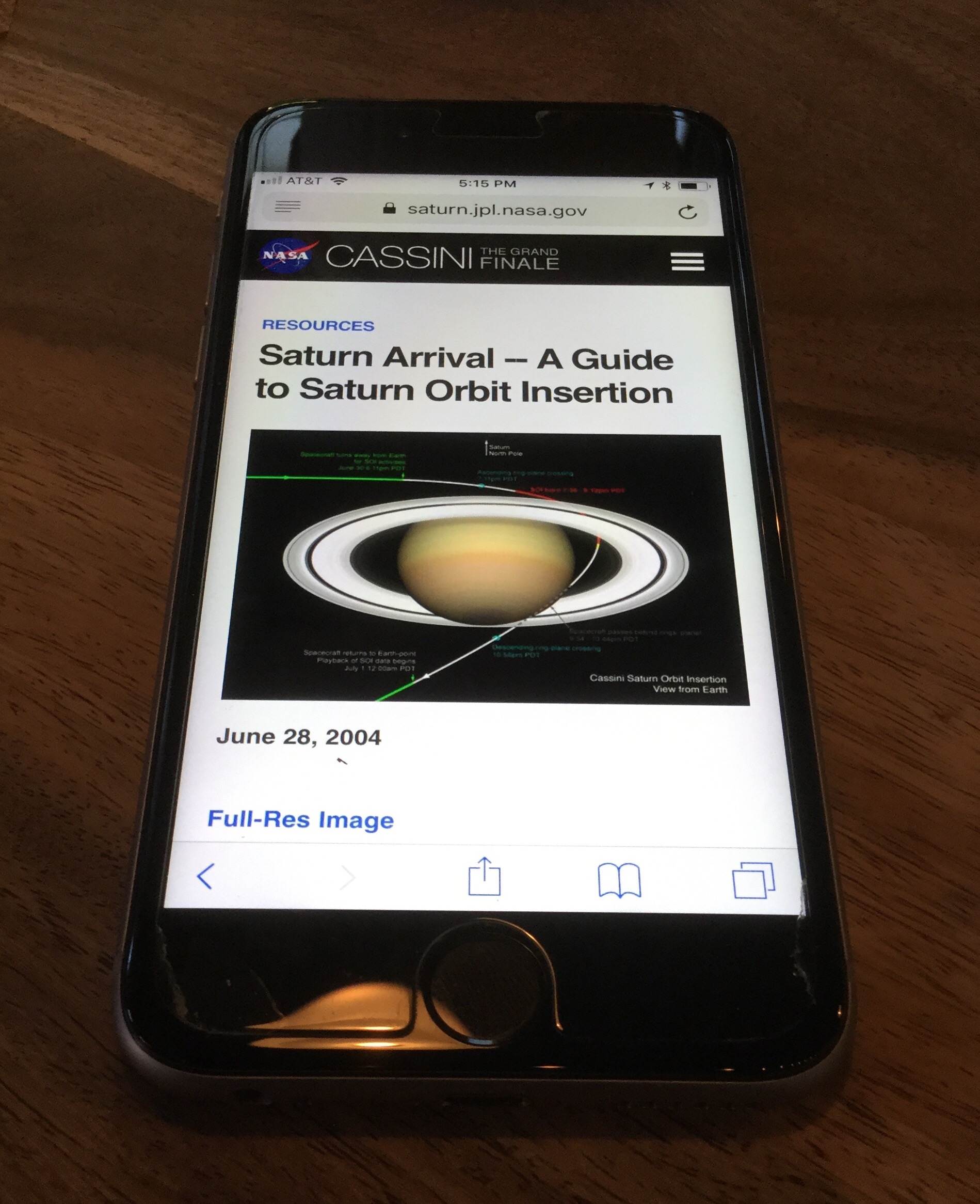 Business Insider reported on Sunday about a study that indicates that even though college students enjoy learning from digital texts more than print and believe that they learn better, the truth is that print is better. The article, A new study shows that students learn way more effectively from print textbooks than screens, explores the work of Patricia Alexander and Lauren Singer, both from the University of Maryland. The two also reported their finding here at The Conversation.
Business Insider reported on Sunday about a study that indicates that even though college students enjoy learning from digital texts more than print and believe that they learn better, the truth is that print is better. The article, A new study shows that students learn way more effectively from print textbooks than screens, explores the work of Patricia Alexander and Lauren Singer, both from the University of Maryland. The two also reported their finding here at The Conversation.
The Business Insider article does a pretty good job of drilling down into the specifics of digital print’s failing – and I do not contest their findings. As a long time reflective user and producer of digital content, I recognize that you read differently and often for different reasons with a hand-held or larger screen. My concern is that certain conservative-leaning policy makers will see this as an opportunity to lash out at progressive educators with, “Your new way is not as effective as the old paper print.”
That conclusion reflects a gross and dangerous misunderstanding of technologies’ place in formal education, and a disgraceful lack of imagination. Sadly, the imagination required to understand what technology means to teaching and learning is lacking in conspicuous sections of the professional education community.
I have long held that to understand how digital networked technology supports leaning we must reflect and come to understand how we are using tech to help us learn after school. We learn by researching and identifying the information that best helps us accomplish our goals, and achieving this by resourceful perseverance. We use the technology to find people and communities who are knowledgable and discussing the topics we need, and dynamically connecting with those communities. We learn in this digital, networked and information-abundant environment by being critical readers, always asking questions about the answers we find. To this end, textbooks are a detriment to effective learning, because they defy critical questions.
We need to understand how we (adults) learn through our screens after our schooling, because continued learning is the defining character of the future for which we are preparing our students.
The flaw in education is that we’re stuck in thinking about education and not thinking about learning – something we’re all intimately involved in.
